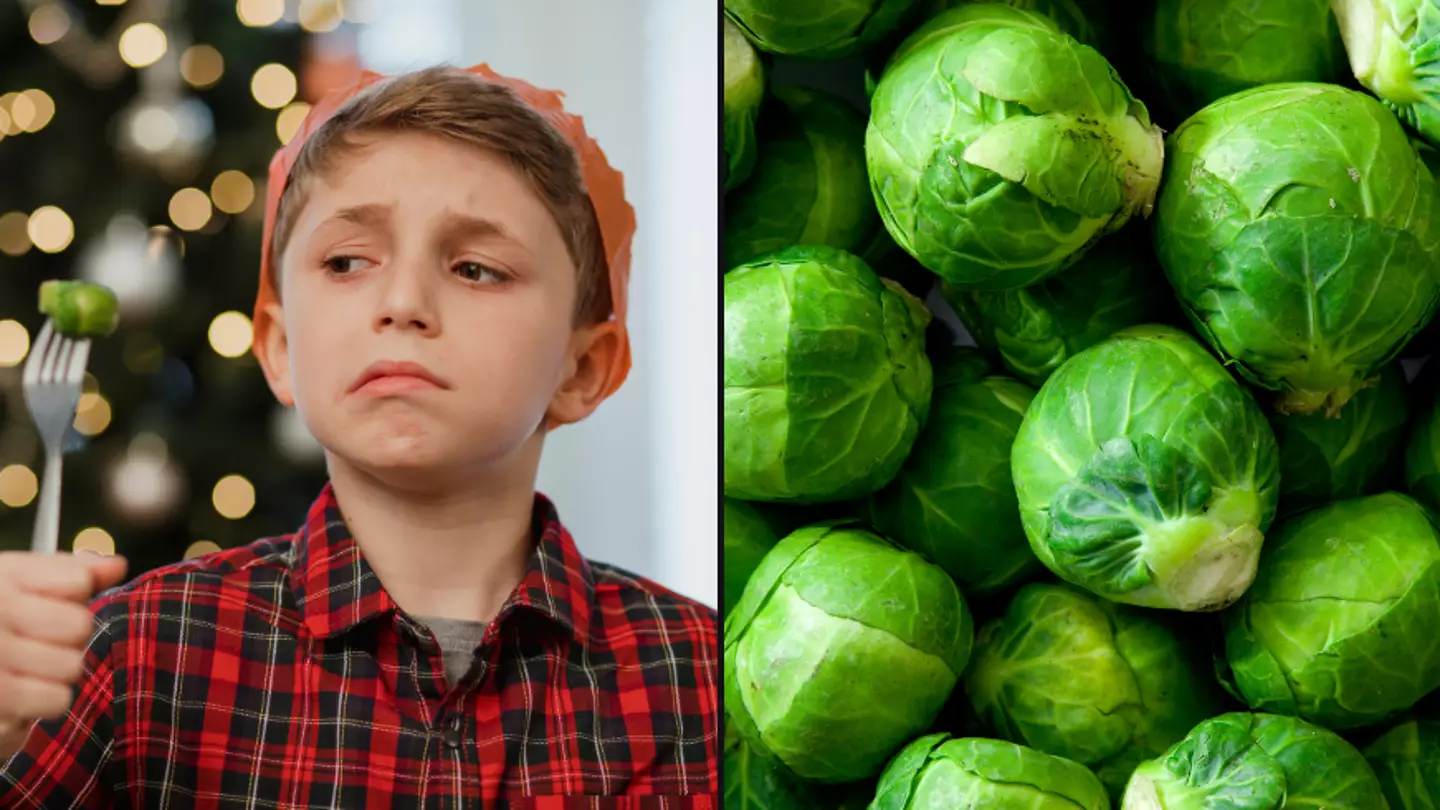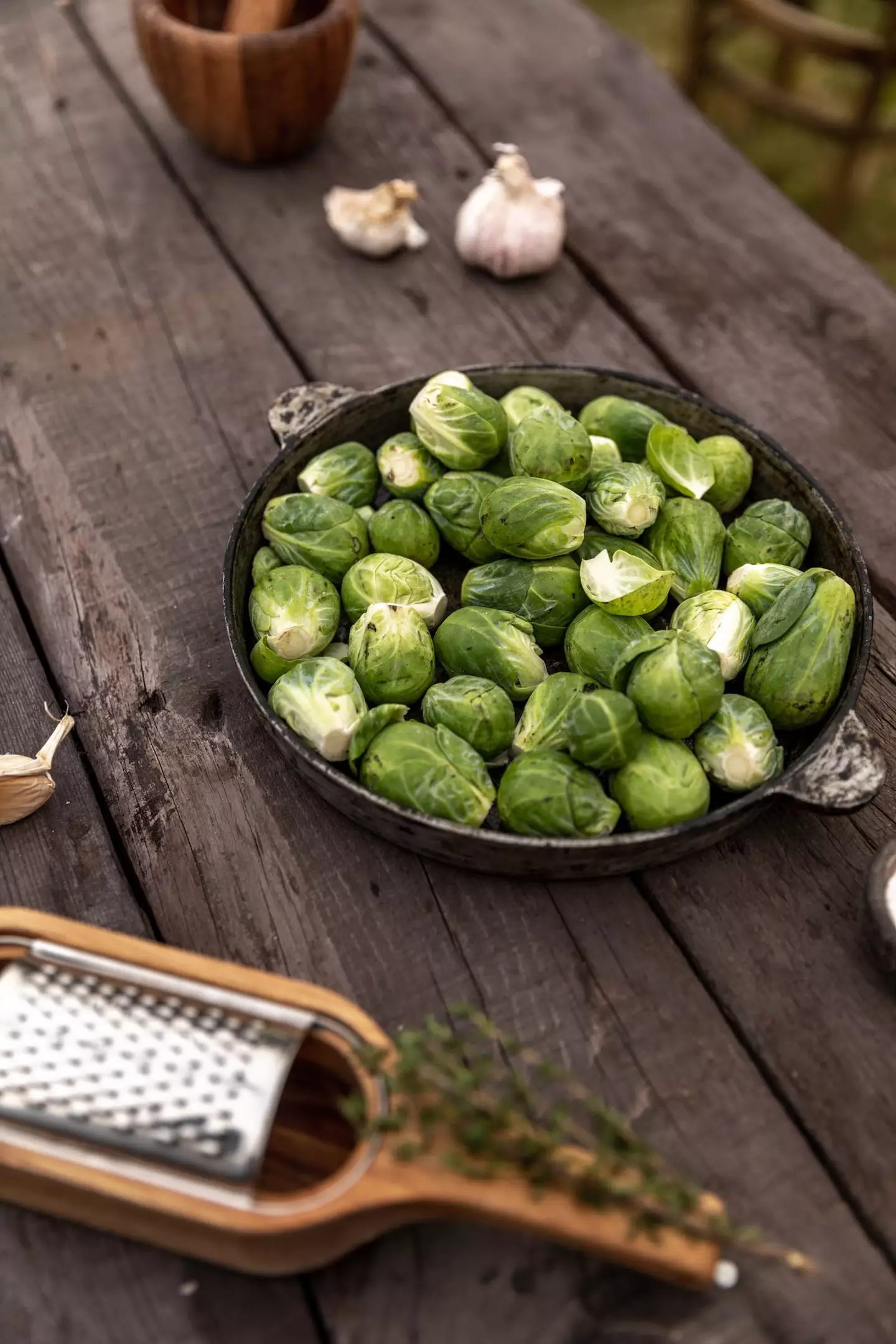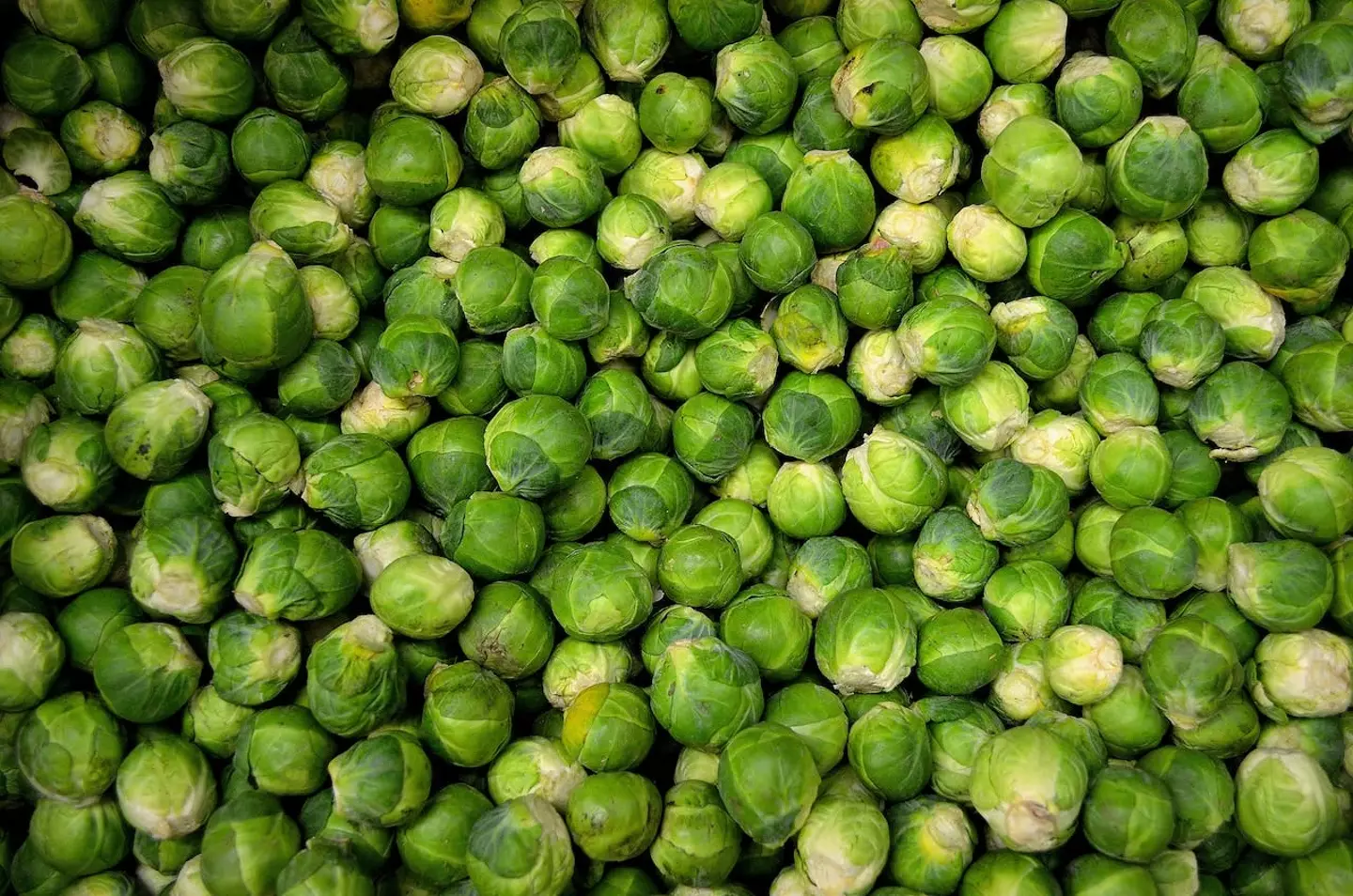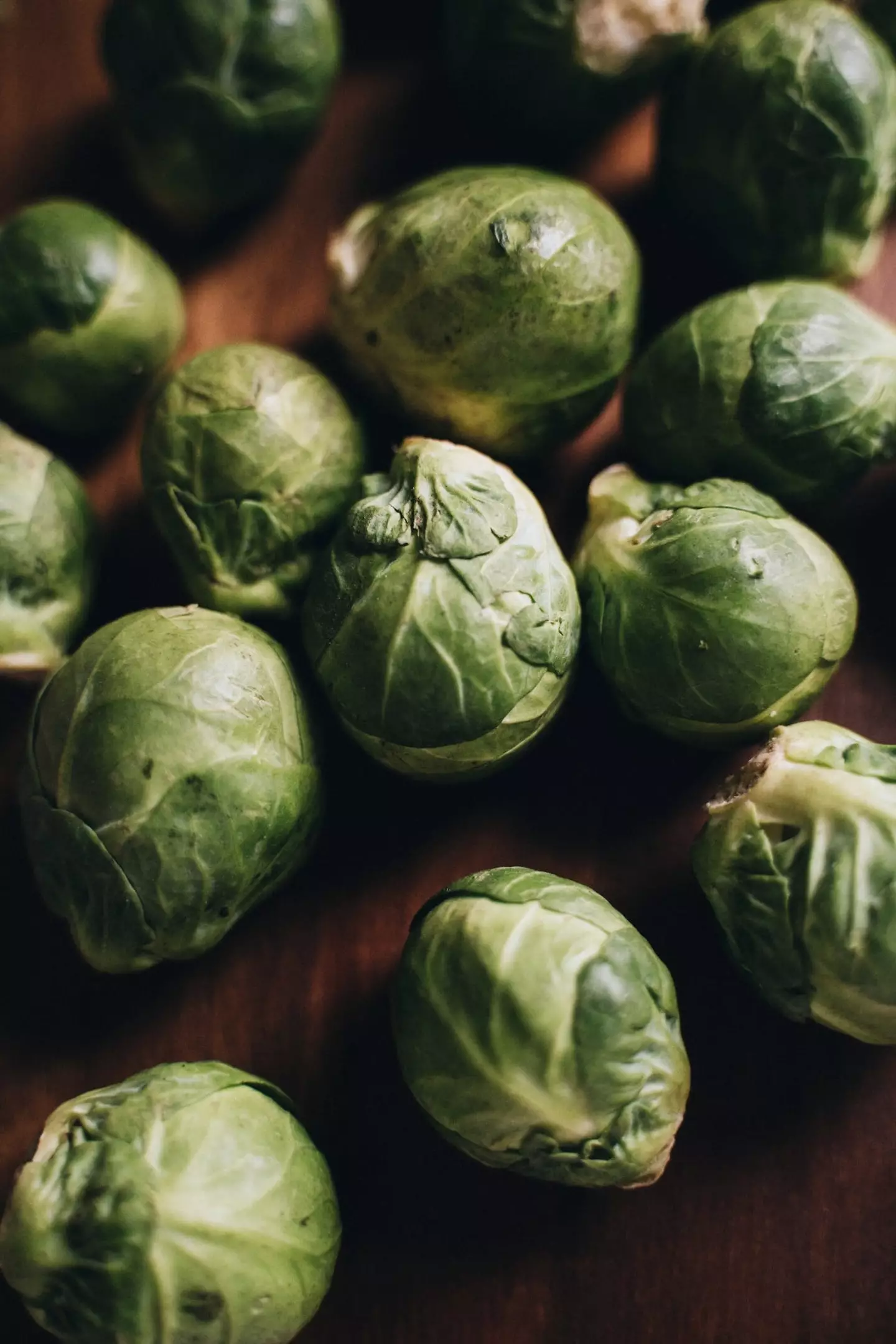
It turns out there's a scientific reason why Brussel sprouts taste like wet socks.
The leafy-green veggies - which resemble miniature cabbages - are believed to have dated back to 1587.
Advert
And as you might have guessed by the name, Brussel sprouts were indeed named after the Belgium city due to their popularity there.
But the reason why we're all here is to find out not only why they were incorporated into Christmas dinner, but also why they taste so bloody awful for many of us.
Well into the 19th century, sprouts remained a novelty and weren't really bothering anyone.
However, due to their availability in late autumn, they became an ideal fresh vegetable for the dinner table.
Advert
This coincided Victorian sensibilities coming to terms with the idea of sharing a large meal on Christmas Day, which ended up becoming a match made in heaven (for some).

Since then, Brussel sprouts have been a Christmas staple - but from a scientific point of view - they have remained a divisive veggie and there's actually a reason why so many people hate them so much.
According to a 2011 study by Cornwall College, sprouts contain a chemical, similar to phenylthiocarbamide.
Advert
This matters because people who have a variation of a gene called TAS2R38 are able to taste the 'bitterness', whilst those without it simply don't.
Around 50 percent of the world’s population are said to have a mutation on this gene.
READ MORE:
PEOPLE ARE ONLY JUST REALISING HOW YOU’RE ACTUALLY SUPPOSED TO SAY BRUSSELS SPROUTS
Advert
WOMAN FINDS JESUS CHRIST'S FACE IN BRUSSEL SPROUT

Professor Ian Turner of the University of Derby explained: "Our story starts in 1931. A chemist called Arthur Fox was undertaking an experiment and accidentally released a cloud of a compound called phenylthiocarbamide (PTC).
"One of Arthur’s fellow scientists working nearby complained that the cloud left a bitter taste in his mouth, but Arthur tasted nothing. Intrigued, he conducted a series of experiments to investigate further.
Advert
"Arthur tested his family and friends and found that PTC tasted bitter to some and not to others – let’s hope they didn’t fall out with him if they could taste it! Moving forward in history, scientists have discovered that the ability to taste PTC is genetic.
"They have even identified the gene called TAS2R38.

"Your love or hate of sprouts can be blamed on your family tree. Studies in the 1970s discovered about 30 percent of people cannot taste sprouts’ bitter flavour. Lucky them.
"You are probably beginning to wonder what this has got to do with Brussels sprouts? Well, they do not contain PTC.
"However, they do have compounds called glucosinolates which have a thiocyanate group (a mixture of nitrogen, sulphur and carbon) that is the same as PTC. It appears that there is a strong link between ability to detect PTC and the love, or not, of the infamous seasonal vegetable.
"Interestingly, glucosinolates are also found in other vegetables like broccoli and cabbage. It is thought that they have a role in the plant, before it gets to the dinner table, acting as a defence system against disease and pests."
Featured Image Credit: Getty Stock ImagesTopics: Food And Drink, Christmas